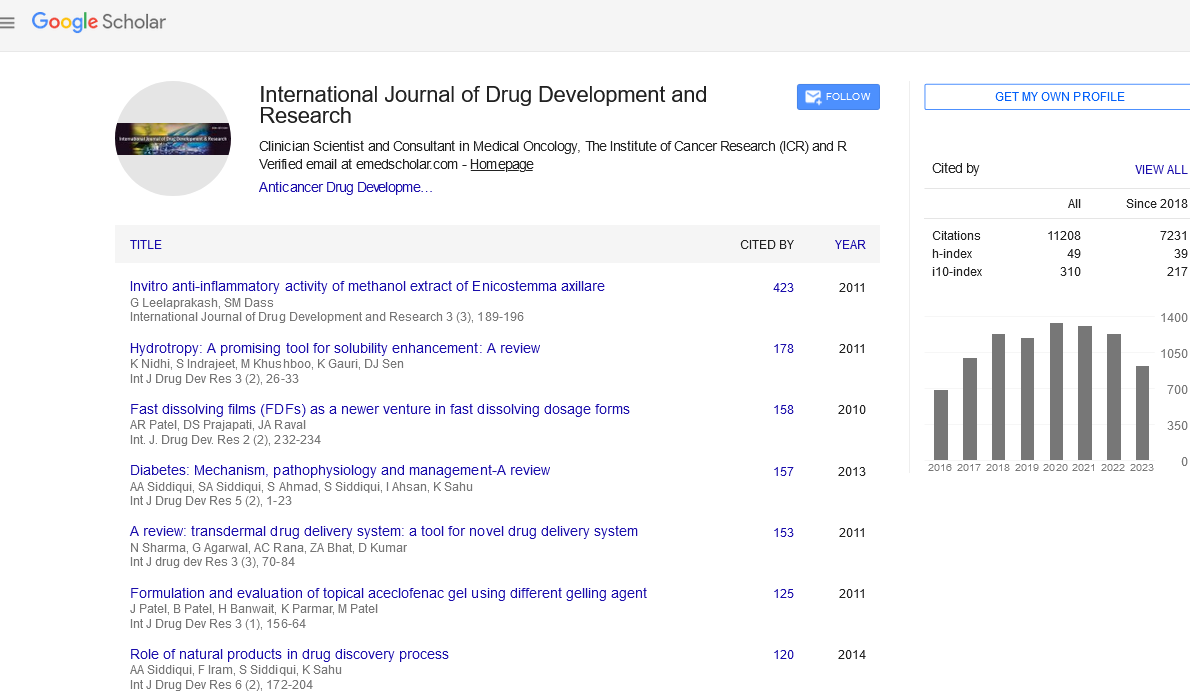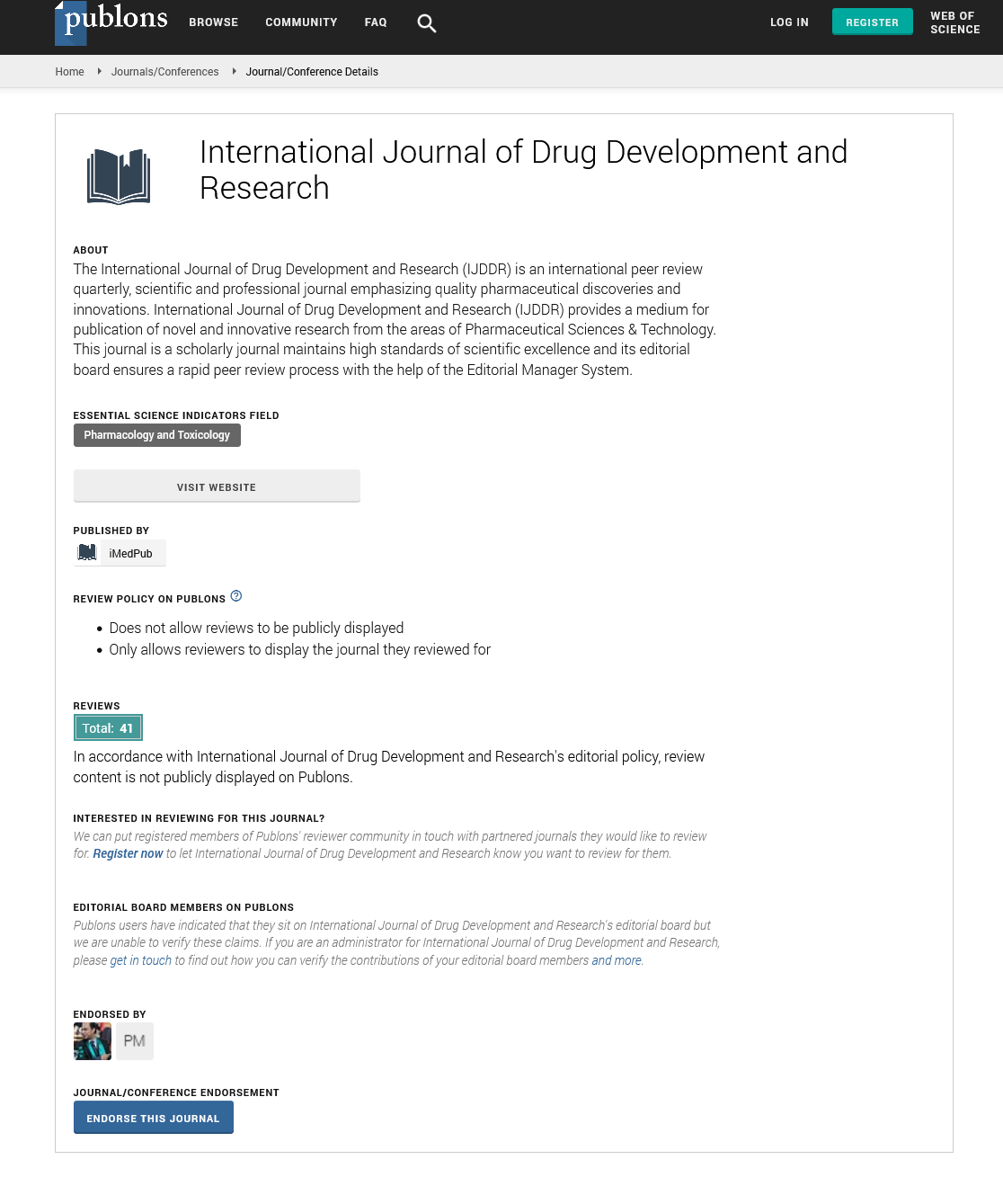Keywords
|
| Nutritional supplements; Legislation; Consumer; Distribution; Ethics |
Abbreviations
|
| CPA: Consumer Protection Act |
Setting the Scene for the Enterprising Business of Nutritional Supplements
|
| Nutritional supplements have been manufactured and supplied to the market with the objective of enhancing the overall health of the general population and optimizing the performance of athletes [1]. Most supplements which are formulated are derived from chemistry formulas that are subsequently manufactured to form part of the product composition in the market [1]. Such products which come to market are apparently scientifically tested and researched [1]. However, it is questionable whether these procedures have adhered to prescribed criteria for testing [2]. Are these legitimate scientific studies or is it a grey area for the container labeling flaw? Research has shown that the industry is not always appropriately regulated, and therefore the claims that are made on products may not always be accurate [2]. These containers could manifest innovative ideas for the businessminded entrepreneur. |
Do Nutritional Supplements Work?
|
| Worldwide, professionals in the nutritional supplement industry have shown the clear distinction between organic and inorganic foods. They further advise that to consume the optimal amounts and types of nutrients, one has to eat food groups which are adequate in providing the essential macro and micronutrients a body needs [1]. A research study by Darvishi et al. showed that elite athletes utilizing supplements noticed significant differences in their performances such as increased speed, strength and endurance [3]. In addition, it also showed that participation at collegiate or school level experienced no differences in their performances [3]. In contrast, researchers have speculated that common nutritional supplements can’t provide the same nutrients as certain foods, which are paramount in order to achieve performance or health goal [1]. This sentiment has been complimented by current nutritionists and dieticians worldwide [1]. |
Should we Utilize or Refrain from Supplements?
|
| The question regarding the use or abstinence from supplements has been sprung around for more than 30 years [1]. Continuous debates regarding the use of certain supplements or ergogenic aids persist. Athletes, students and the general population persist in asking the same questions: “How long should one consume supplements? When are the appropriate times to consume supplements? Are supplements safe and effective for my adolescent child?” Prior to the eighties, and before the supplement industry came about, athletes and the apparently healthy followed a correct diet and exercise routine without the use of supplements [1]. This shows a clear discrepancy between populations in the early and modern eras respectively. In addition to a more active lifestyle, people in the early era, cooked more and purchased less from outlet stores and food franchises, and were fortunate not being equipped with social media and the internet [4]. |
Subsequent Challenges in Consuming Nutritional Supplements
|
| Presently in sport, health and fitness professionals are faced with the dilemma of their athletes doping and experiencing supplement abuse. One could argue that it is the responsibility of the doctor, trainer or conditioning specialist to guide athletes whether certain products are safe or not to use. Research by Fabry et al. showed that more than 80% of supplement products placed on the shelves contain a substance or element that can cause athletes to test positive when tested by antidoping agencies [5]. |
| Aside from a lack of education from both athlete and professional, one of the constraints in affecting these challenges is the continued marketing from supplement companies [6]. Their adverts are portrayed in a way to attract consumers to attain the product and further motivate athletes about achieving numerous goals in their performances. However, in most cases they are geared for business and thus persist for a sale. Easy internet access to nutritional supplements which lacks adequate medical information and strong scientific evidence is a matter of public health concern. As such, these notions of misleading information could lead to an improper prevention both in healthy individuals and athletes. There is a clear need for more trials to assess the efficacy and safety of nutritional supplements, better quality control of websites, more informed physicians and greater public awareness of these widely used products [2]. |
| These concepts explain the fundamentals behind business and monetary goals associated with the nutritional supplement industry. One could dispute that it would be challenging to maintain a business if there are no profitable outcomes. However, how many individuals or organizations have placed principle before passion? This idea most of the time is reversed in order to attain financial stability. |
| Clinical research for nutritional supplements is induced by commercial concerns which could be countered by the scientific findings. The first of two suggestions is to erect a barrier between the financial reward for the people doing the research and the commercial imperative. The other approach is to develop an entirely separate funding source that is independent of the pharmaceutical industry, to ensure unbiased research reporting [6]. In the South African context, it is safe to say that the National Health Act incorporates the Medicine Control Council, which is in charge of ensuring the efficacy, quality and effectiveness of medicines, and related matters regarding clinical research [7]. |
Legislation and Policies
|
| Product coding and laws might be tailored for both companies and the industry in order to achieve monetary goals and objectives. One could dispute that not all supplement brands commit to nutritional supplement “best practice” manufacture policies. Therefore, manufacturers should be held responsible for their business decision practices that cause adverse or unintended consequences to the consumer when discovered [2]. The Consumer Protection Act 68 of 2008 (CPA) in South Africa should thus promote greater levels of policy development, regulatory enforcement, and consumer education of the supplement industry [7]. |
The Way Forward
|
| Future research evaluations should include conducting qualitative research, and be geared towards gaining insights into the supplement industry, distributor, and consumer trends outside of South Africa and in varied geographical regions. This research would be useful and the information obtained could be used to provide feedback to the overall sport sector. In addition, drafting nutritional supplement policies and amended legislation or new formulated legislations would protect the consumer, and also safeguard the manufacturer, distributor and retailer. Furthermore, these policies and legislations together with education can be invaluable in determining appropriate and safe networks for distributions of nutritional supplement products to the market place, and for more accurate labeling practices. |
Competing Interests
|
| All authors declare that they have no competing interests. |






